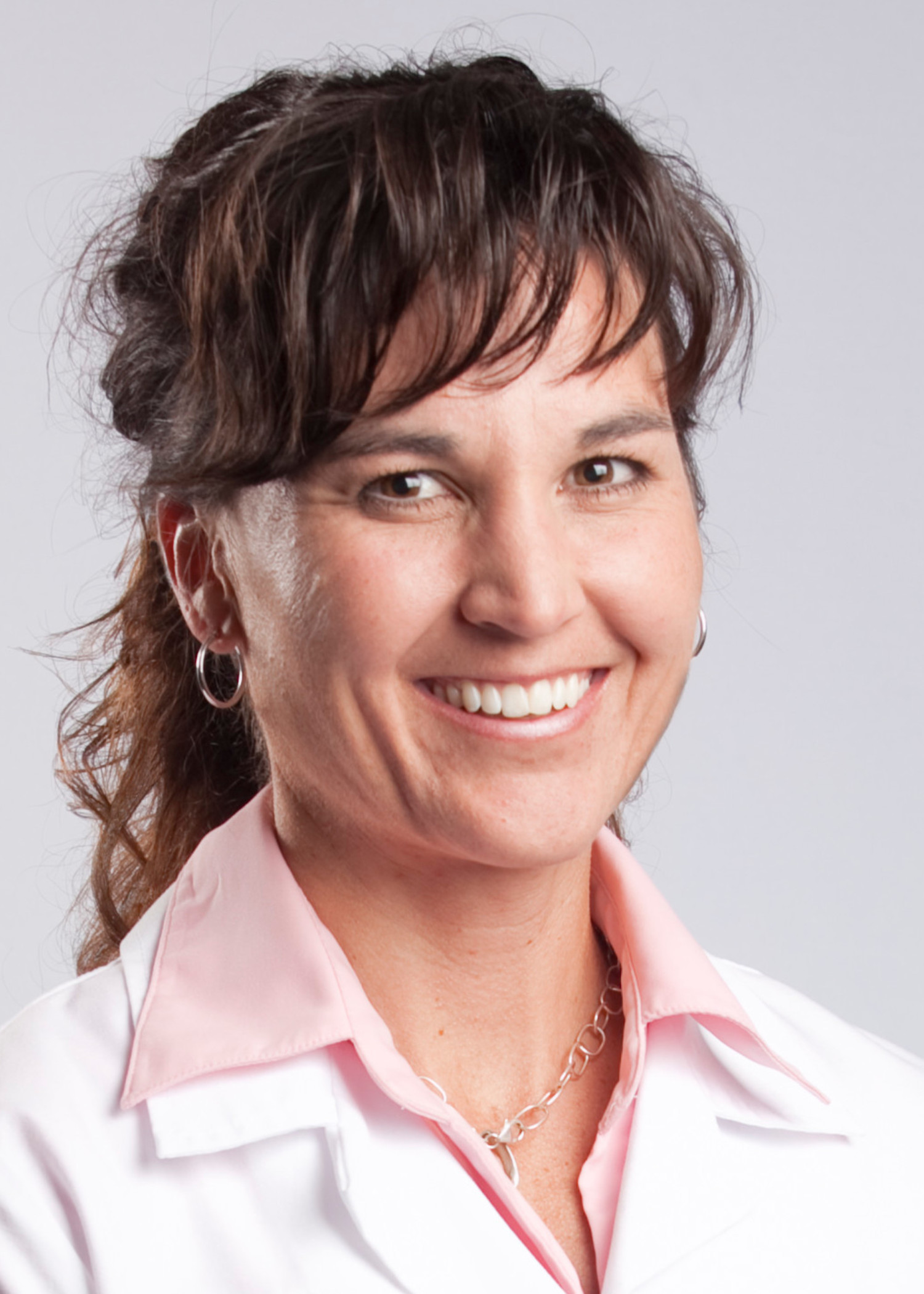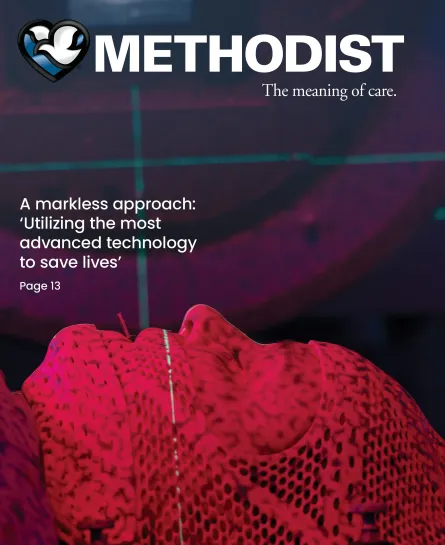




Today's Medicine
When and Why You Might See a PA
Published: Oct. 6, 2021

But there’s a commonality among PAs: They play an important role in providing health care.
So, what exactly is a physician assistant?
We are not nurses. We are not doctors. We are medical providers, trained more similarly to how physicians are trained than to how nurses are trained.
While we certainly cannot and do not take the place of physicians, in many medical situations, PAs can serve as a possible option for patients seeking care and treatment.
PAs must have a supervising physician on their licenses. We also collaborate with our supervising or other physicians as needed or required.
A lot of what we do depends on our scope of practice and our supervising physician’s scope of practice. This can be determined by specialty, experience, additional training, facility, state law, community needs and physician delegation.
Why become a PA?
When I was in college, my primary aspiration was to find a career working with people in a capacity that I would be able to be of service to them. I really enjoyed sciences, and medicine interested me. I was drawn to the idea of serving the underserved.
While the decision to attend PA school instead of medical school was difficult, I felt that being a PA would fulfill my career and family life aspirations.
For those considering the profession, it may be attractive to hear that in recent years, it has ranked fairly high in lists of the best jobs out there. I think patients are increasingly becoming familiar with what a PA is and does. The demand for PAs continues to grow.
It is a challenging and demanding profession that requires compassion and affords continued lifelong learning.
Overall, I can say it’s been a well-balanced career that has allowed me time with my children and family, which I value immensely.
I’ve been able to establish meaningful relationships with patients, providing healthcare for some for more than a decade. Helping patients improve their overall health and manage their illnesses or diseases is a humbling responsibility that I take seriously.
What kind of training does a PA have?
Undergraduate prerequisites for PA school are very similar to those for medical school. A PA program generally runs 2 1/2 to 3 years and includes about 2,000 hours of clinical rotations.
To become certified upon completion of a program, PAs must pass the Physician Assistant National Certifying Exam, which is administered by the National Commission on Certification of Physician Assistants (NCCPA).
The “C” in PA-C designates certification by the NCCPA.
To maintain certification, a PA must complete 100 hours of approved continuing medical education every two years and pass the Physician Assistant National Recertifying Exam every six years.
While there are post-graduate residencies available for PAs to further their training, this is not required.
Why would I see a PA?
While some patients might prefer to see PAs, others might see PAs if they’re unable to see their doctors. And in some cases, the type of provider a patient sees is predetermined by the facility, medical group or type of medical service being provided.
In a primary care clinic, such as family practice, the services PAs provide are often similar to those of physicians.
Those services may include but are not limited to:
- Performing physical exams and routine health maintenance
- Performing office procedures
- Prescribing medications
- Taking medical histories
- Providing preventative care counseling
- Ordering and interpreting lab and diagnostic testing
- Making referrals to specialists
- Managing chronic diseases
- Evaluating and treating acute symptoms, injuries and illnesses
What’s the relationship like between MDs and PAs?
The relationship between MDs and PAs is a collaborative partnership, with the amount of autonomy dictated by the health care services being provided. There may be a high degree of autonomy or of collaboration.
I appreciate the support I receive from the physicians I work with – I feel it’s helped make me a better provider. It is a working relationship that I respect and value, and it was formed with the goal of providing quality care.
As a whole, I think the PA profession has been able to grow and adapt to the needs of physicians and has helped to increase patient access to quality health care.


